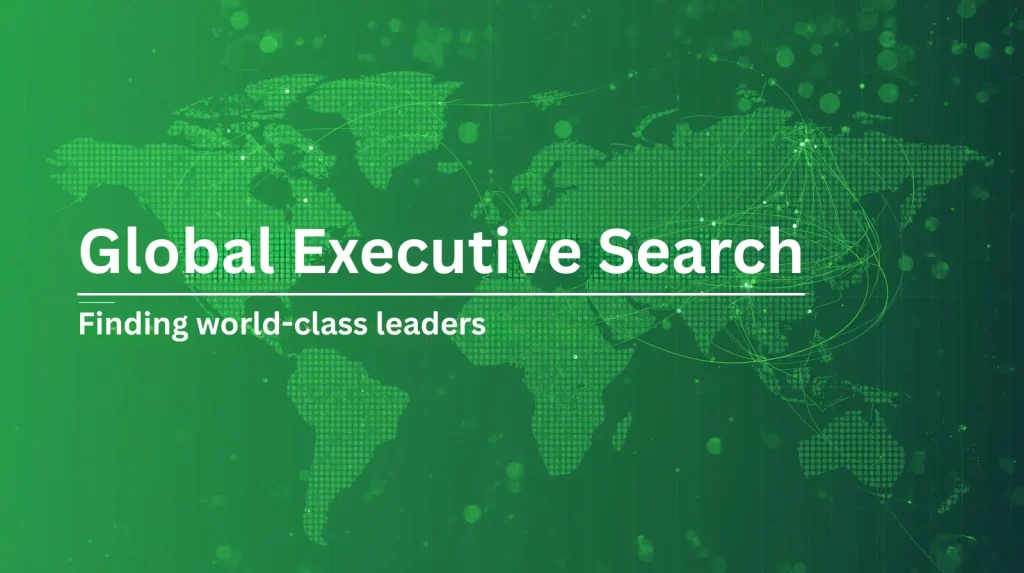Why Information Matters More Than Ever
In an era inundated with content, data, and opinion masquerading as truth, the value of accurate and timely information has never been more critical. The digital landscape is no longer a neutral ground; it’s a battleground of narratives, each vying for attention, allegiance, and action. In this cacophony, information matters most—not just as a tool, but as a compass guiding decisions, shaping beliefs, and influencing behaviors.
The currency of the 21st century is no longer gold or oil. It’s insight. It’s awareness. It’s verified truth. Those who possess the right information at the right moment hold power—whether in business, governance, or personal life.
From Survival to Strategy: The Evolution of Information
Historically, information has always meant survival. Early civilizations relied on it for tracking seasons, avoiding danger, and building societies. But in today’s hyperconnected world, its role has evolved. Information is now the strategic differentiator. It fuels innovation, enables foresight, and mitigates risk.
Businesses thrive or collapse based on data interpretation. Politicians win elections not just through rhetoric, but through the calculated use of voter analytics. Even personal relationships are shaped by the information we choose to share—or conceal. In every context, information matters most when trust and timing intersect.
The Illusion of Abundance
Paradoxically, the age of information has also brought forth the age of misinformation. With social media platforms acting as amplifiers, half-truths spread faster than facts. Content overload desensitizes critical thinking, leading many to mistake virality for validity.
The real challenge isn’t access; it’s discernment. People are swimming in data but starving for wisdom. Algorithms decide what’s seen. Echo chambers reinforce beliefs. Deepfakes blur the line between real and fabricated. In this context, information matters most when it is curated with integrity and consumed with skepticism.
The Silent Influence of Invisible Data
Behind every digital interaction lies metadata—subtle digital footprints that tell more than the content itself. What time you log in, which links you hover over, how long you dwell on a post—all these nuances are tracked, analyzed, and used to predict behavior.
This silent form of information fuels targeted advertising, behavioral nudging, and even political microtargeting. It’s not the headline or the tweet that holds the power, but the pattern behind your clicks. Understanding this hidden layer is vital, especially when information matters most in contexts like privacy, surveillance, and digital autonomy.
Decision-Making in the Age of Complexity
Whether you’re choosing a health plan, navigating career options, or understanding global events, complexity has increased. Simple answers no longer suffice. Context, nuance, and layered analysis are essential.
This is where quality information becomes indispensable. It sharpens judgment, filters noise, and elevates clarity. In crisis scenarios—pandemics, market crashes, or geopolitical shifts—information matters most when it empowers action based on truth, not speculation.
Information Equity: A New Social Divide
Access to reliable information is not equally distributed. Language barriers, internet availability, media literacy, and algorithmic biases create an uneven playing field. While some benefit from real-time data and verified sources, others are left behind in a fog of misinformation or digital exclusion.
This growing information gap creates social, economic, and political disparities. In societies striving for equality, information matters most when it is made accessible, inclusive, and free from manipulation.
The Ethical Edge
Information is not just technical—it’s moral. With great access comes great responsibility. Journalists, educators, technologists, and everyday citizens all play roles in maintaining the integrity of information ecosystems.
The ethical use of information—how it is gathered, distributed, and consumed—determines its societal impact. In fields like healthcare, law, or education, misinformed decisions can cost lives or futures. Hence, information matters most when it is underpinned by transparency, accountability, and intent to serve the public good.
The Future Belongs to the Informed
Artificial Intelligence, blockchain, quantum computing—these emerging technologies are fueled by data. The future will not belong to those who simply consume information, but to those who can interpret, question, and apply it meaningfully.
Education systems are evolving to emphasize digital literacy and critical thinking. Organizations are investing in data literacy training. The informed individual is becoming the most valuable asset in any setting.
Because in a world where reality is increasingly up for debate, information matters most not just to know what is—but to navigate what could be.
The digital age has made information abundant, but clarity rare. The ability to find, filter, and faithfully follow accurate information is now a vital life skill. Whether you’re leading a company, raising a family, or simply trying to make sense of the world, one truth remains: information matters most when it empowers, enlightens, and endures.

